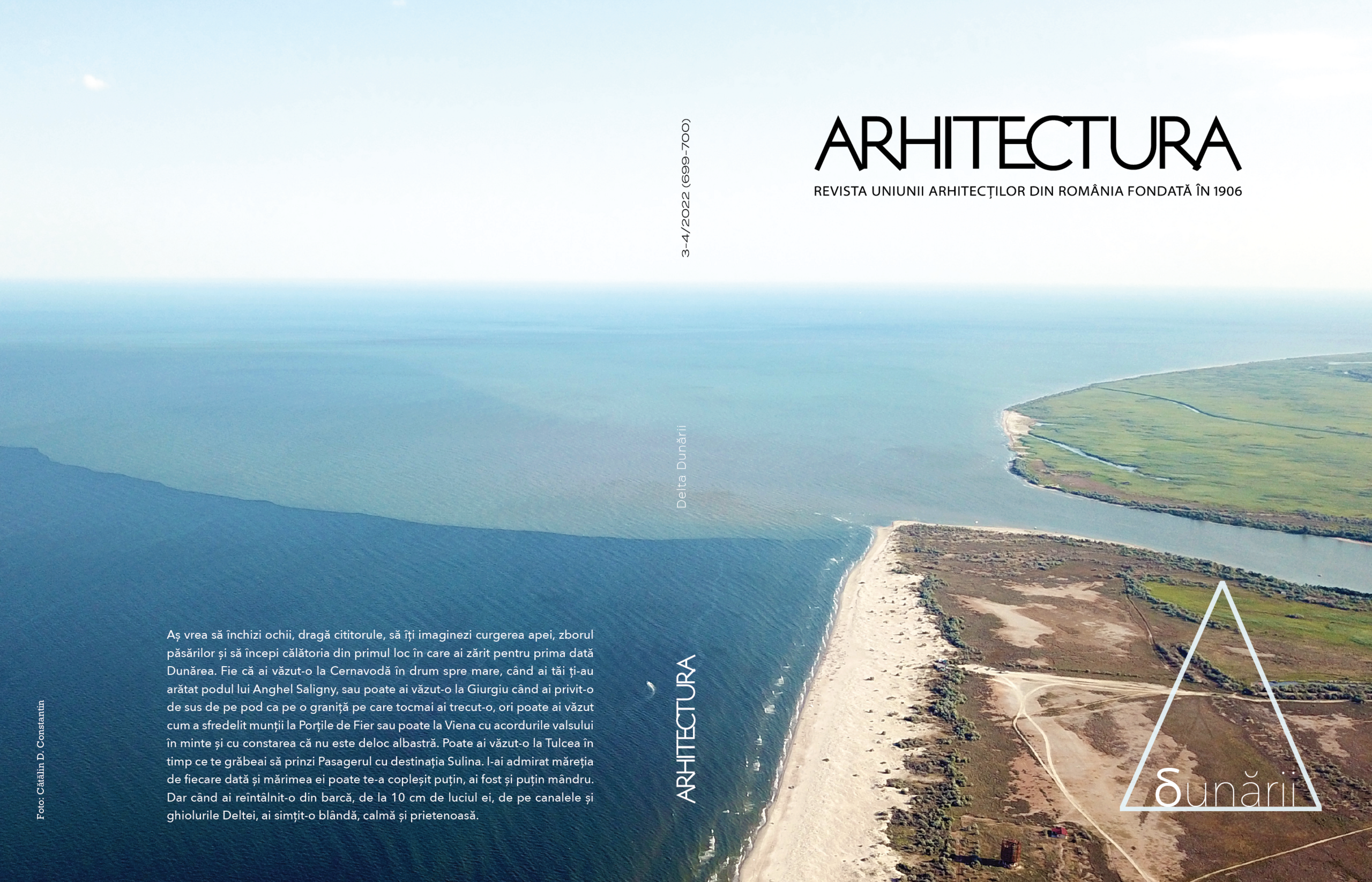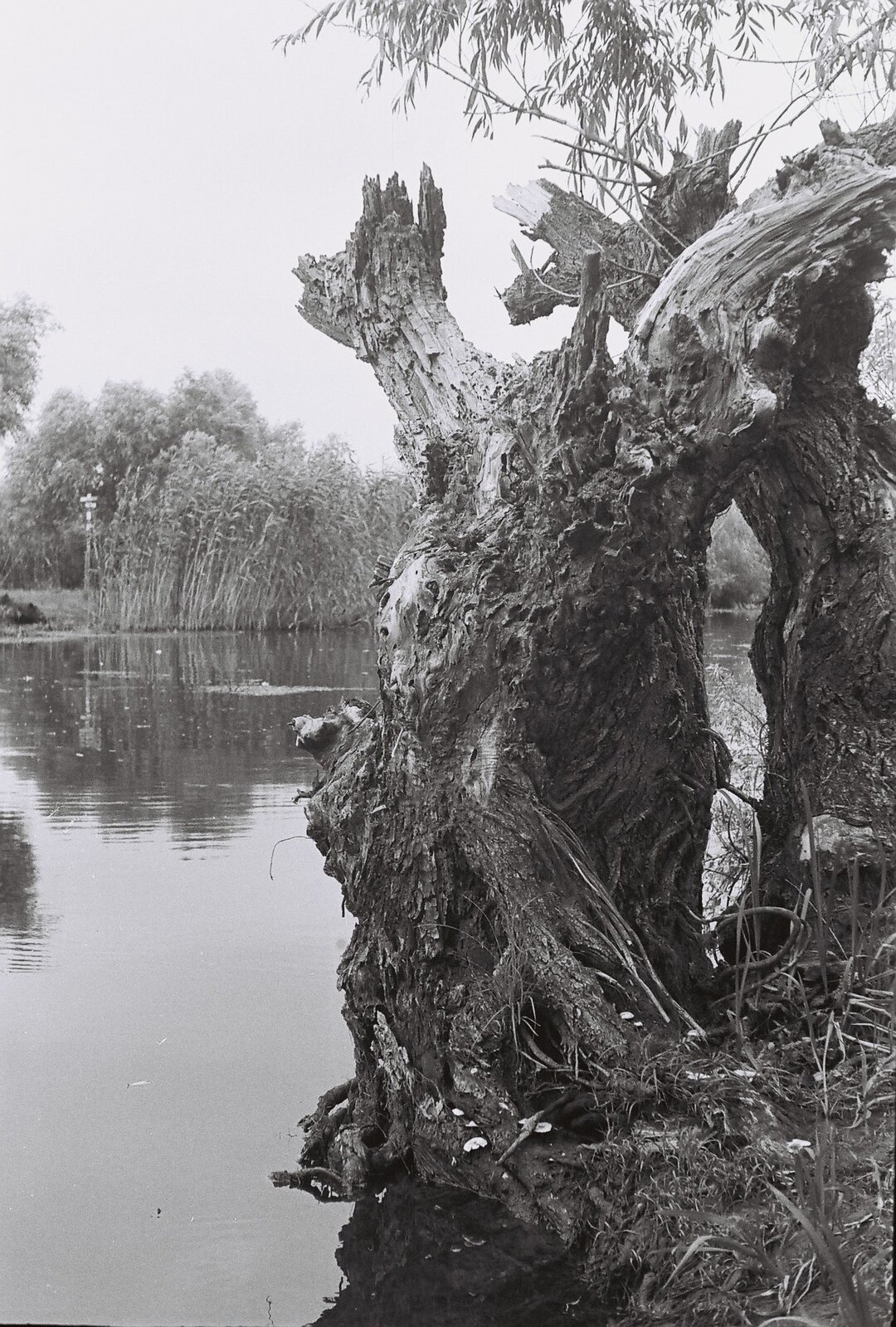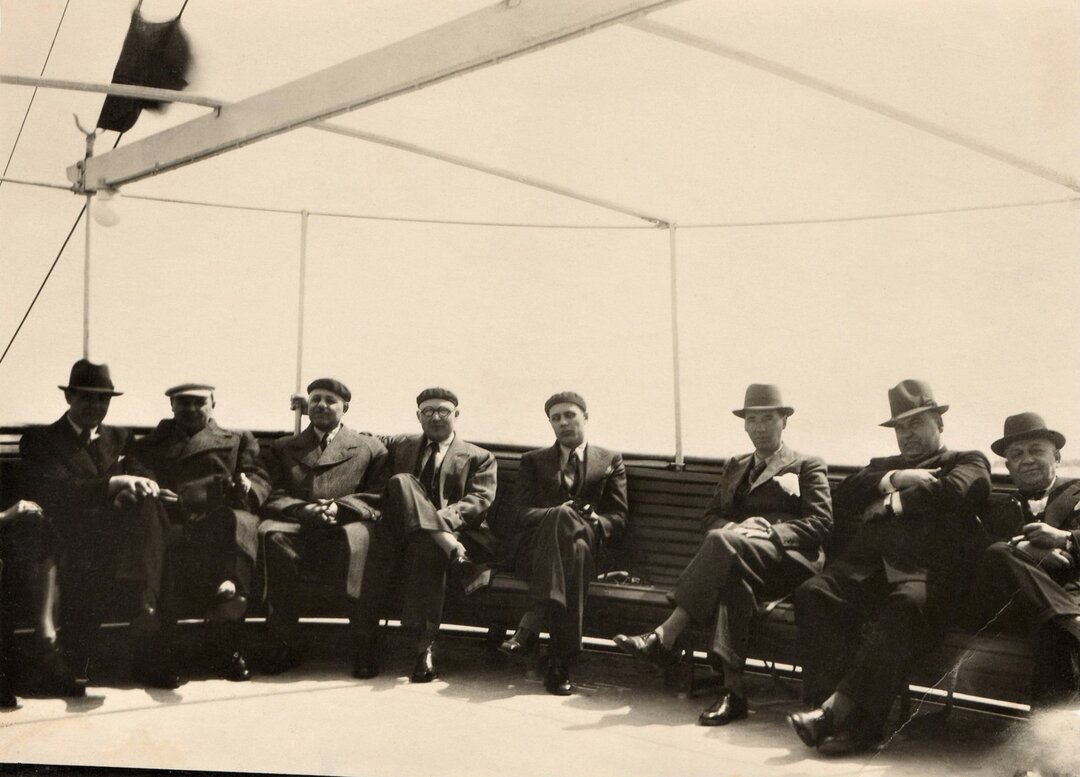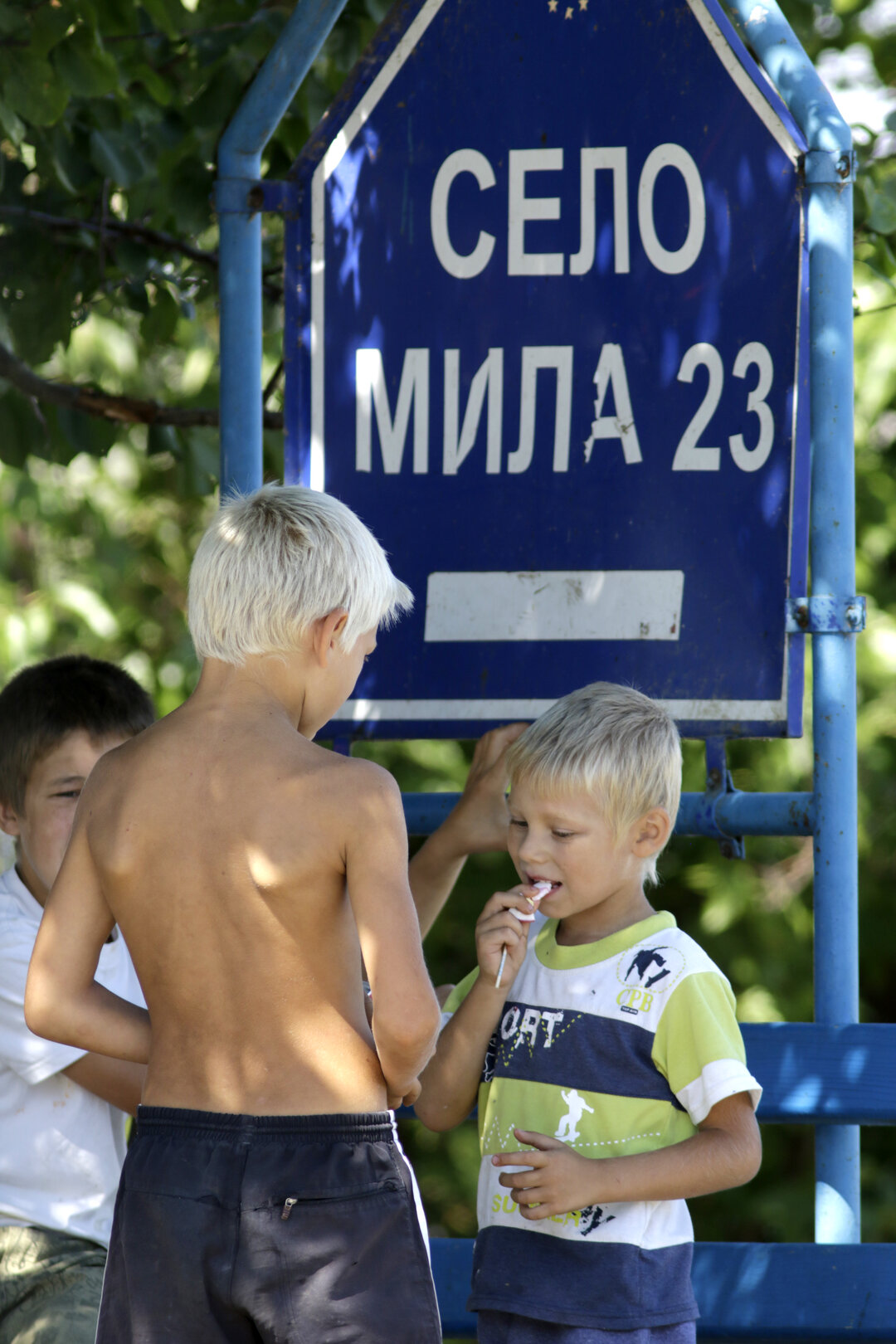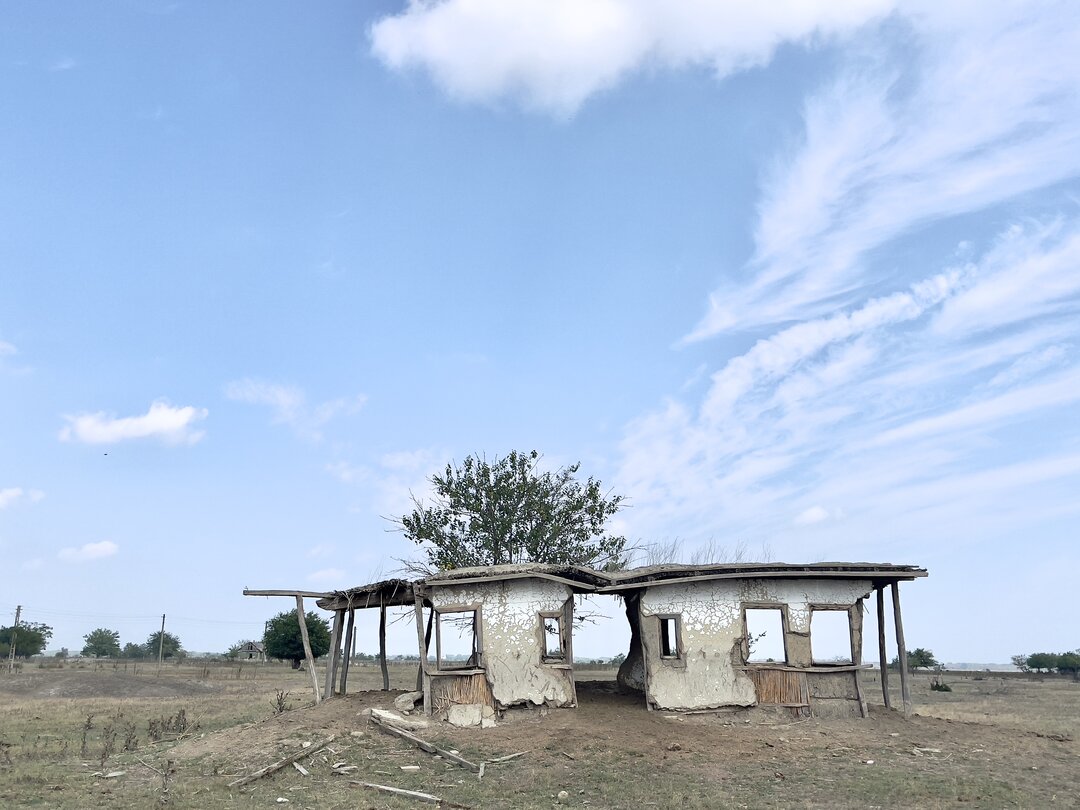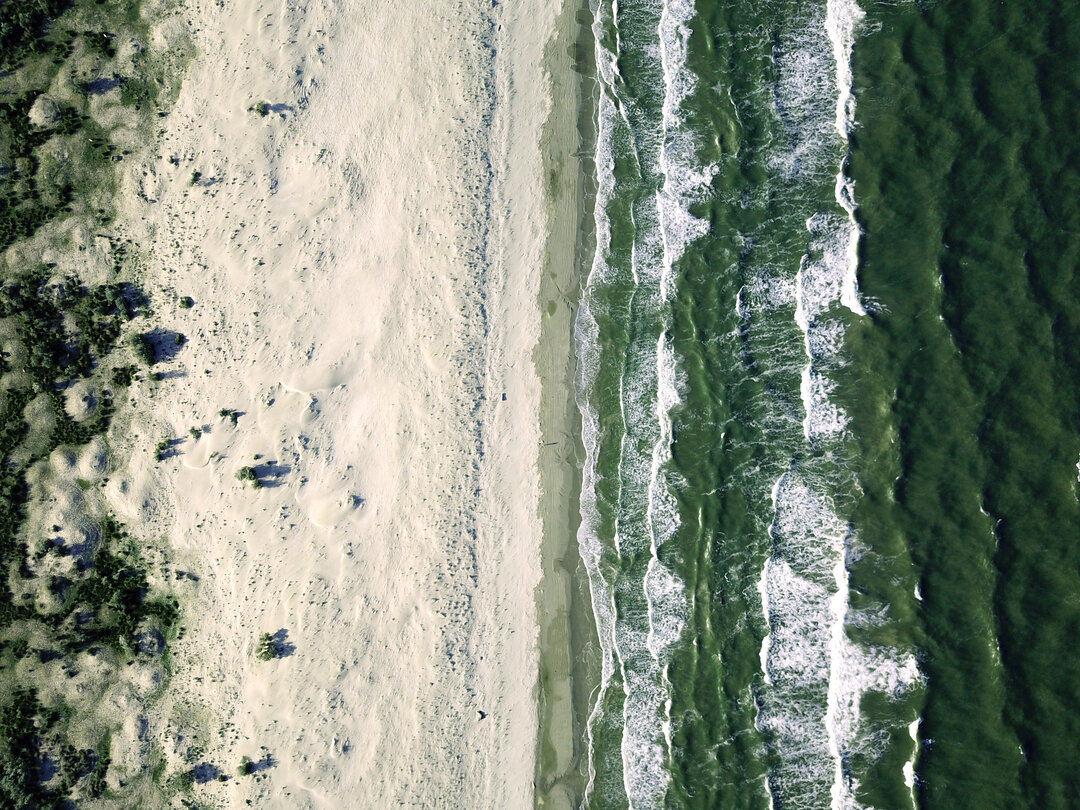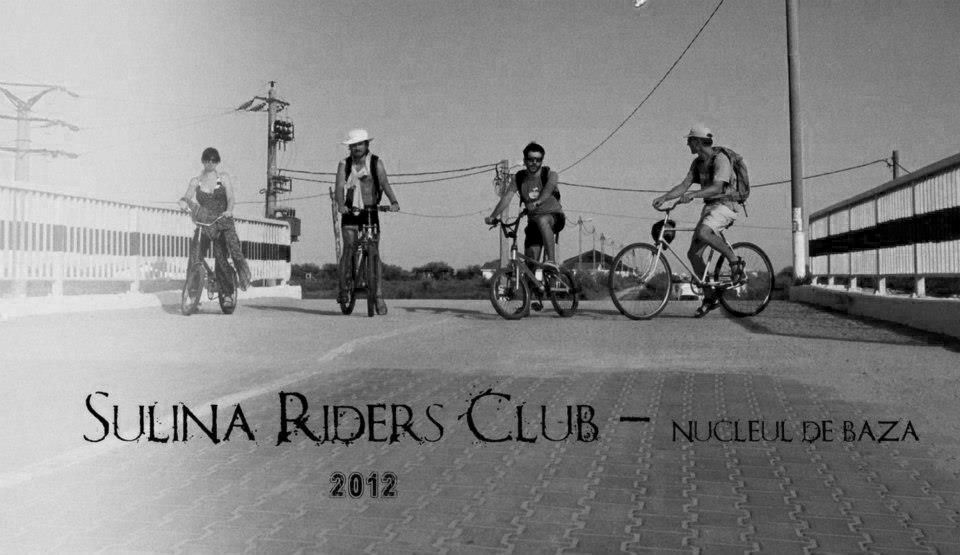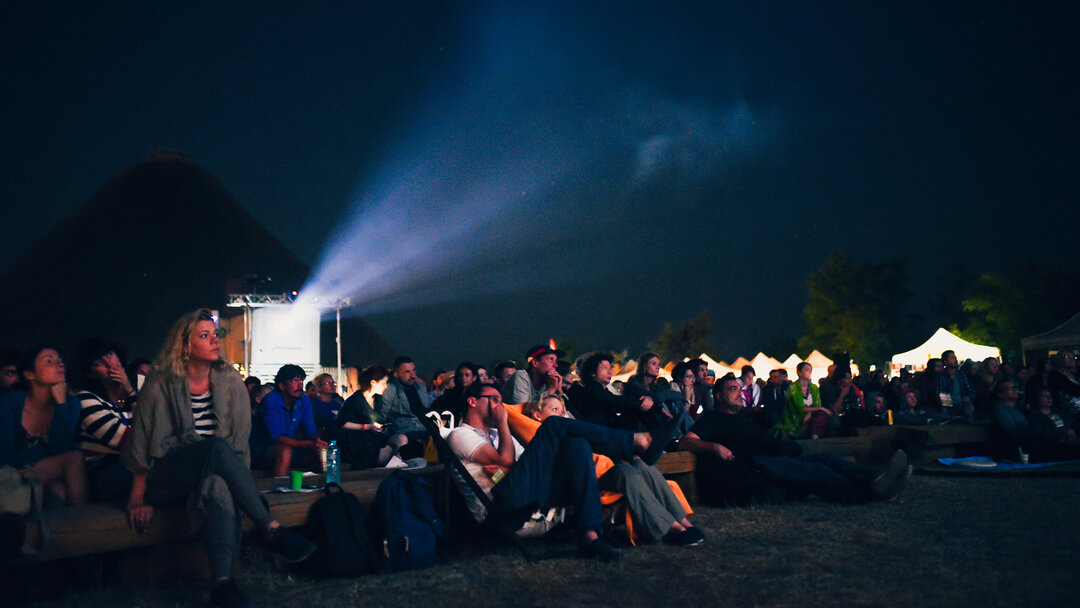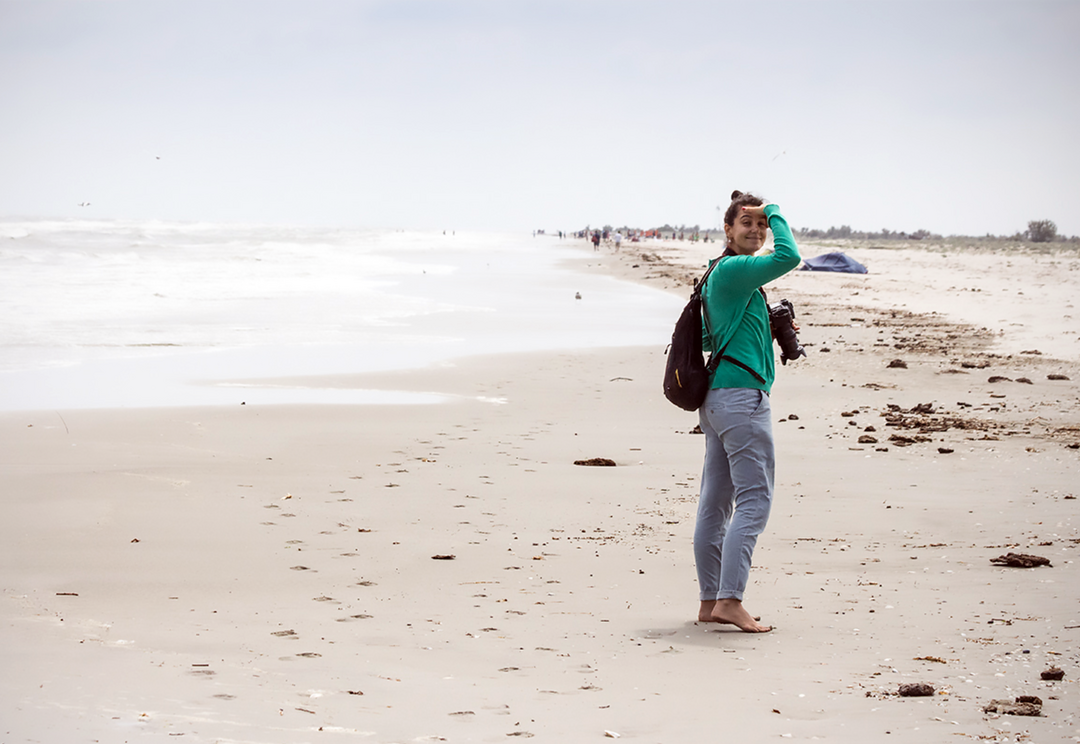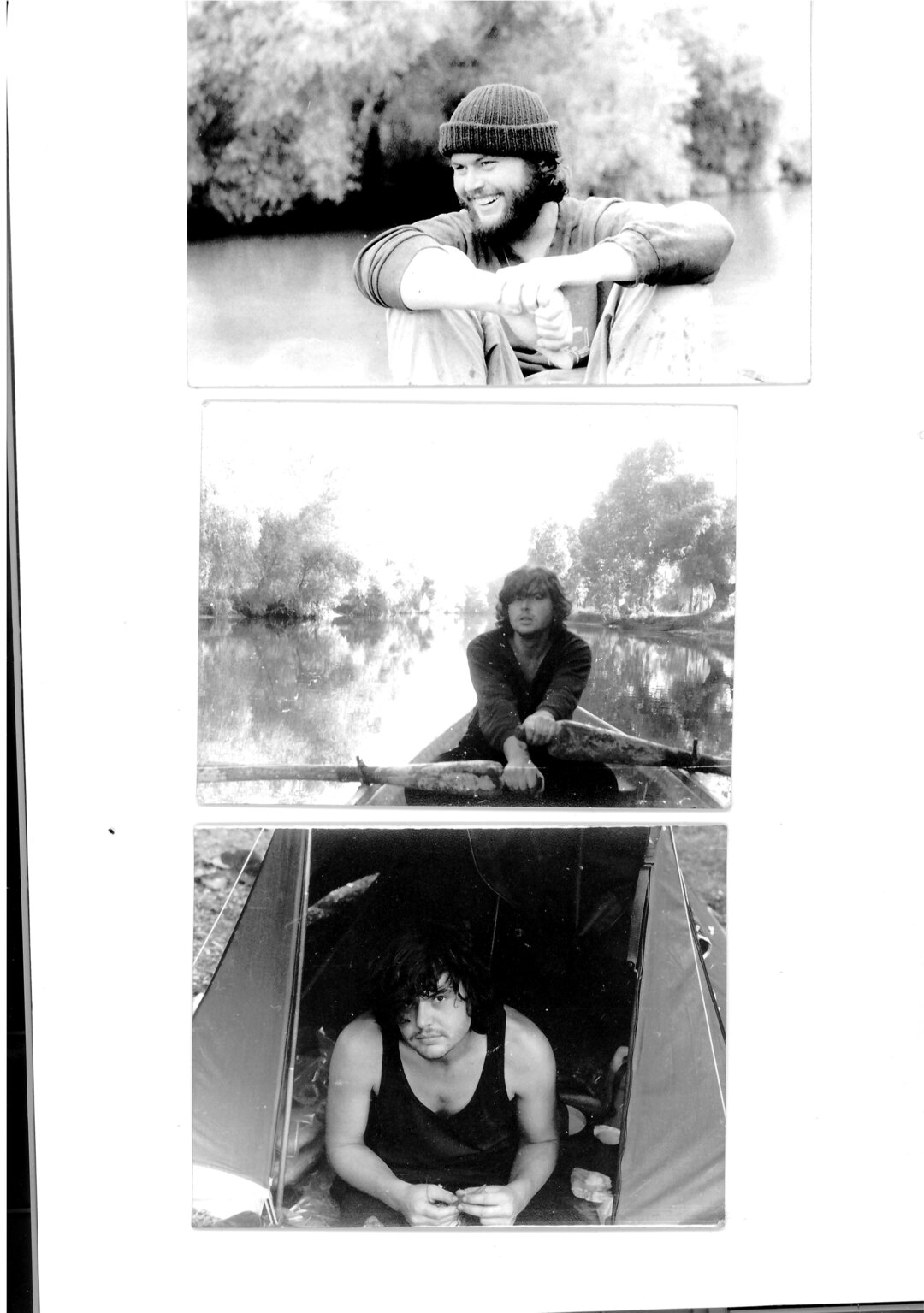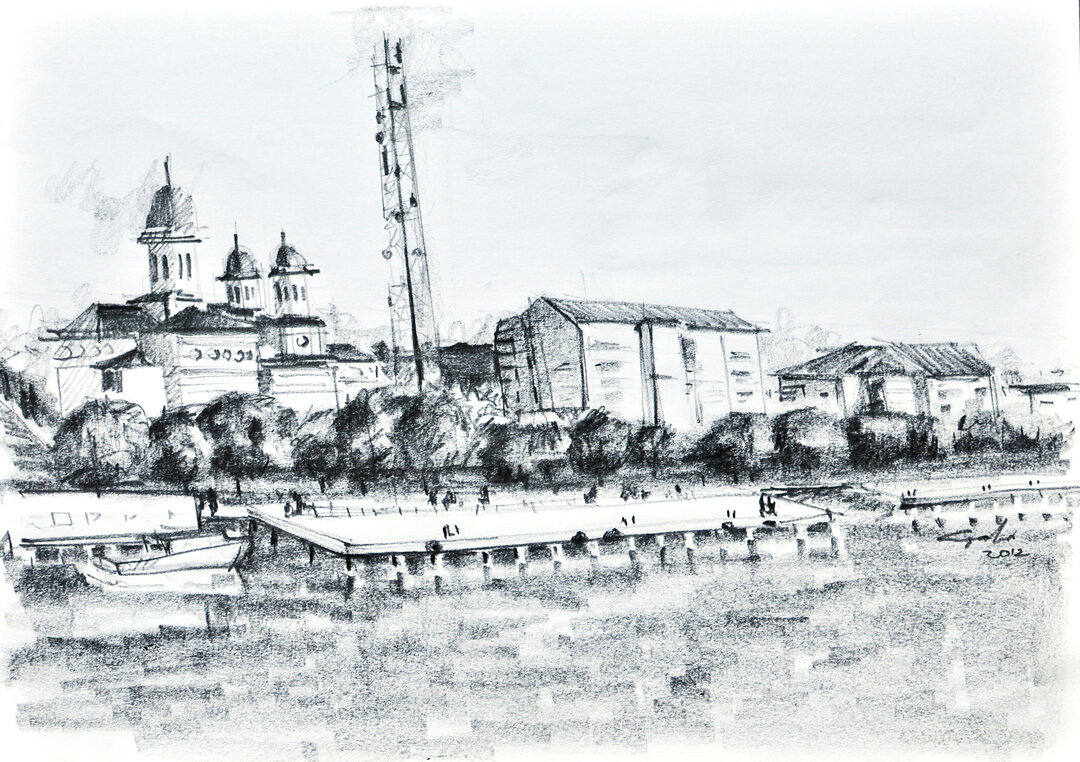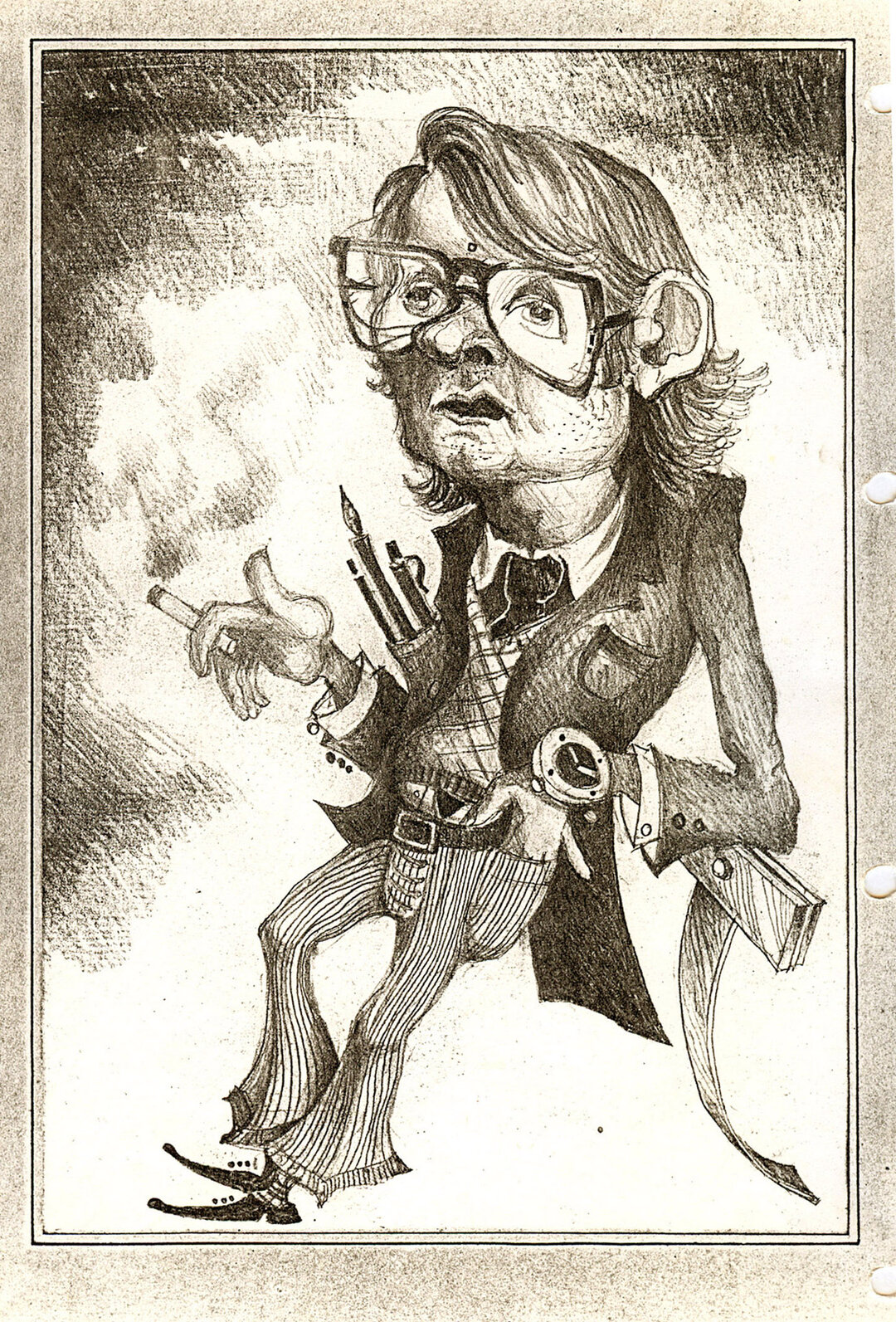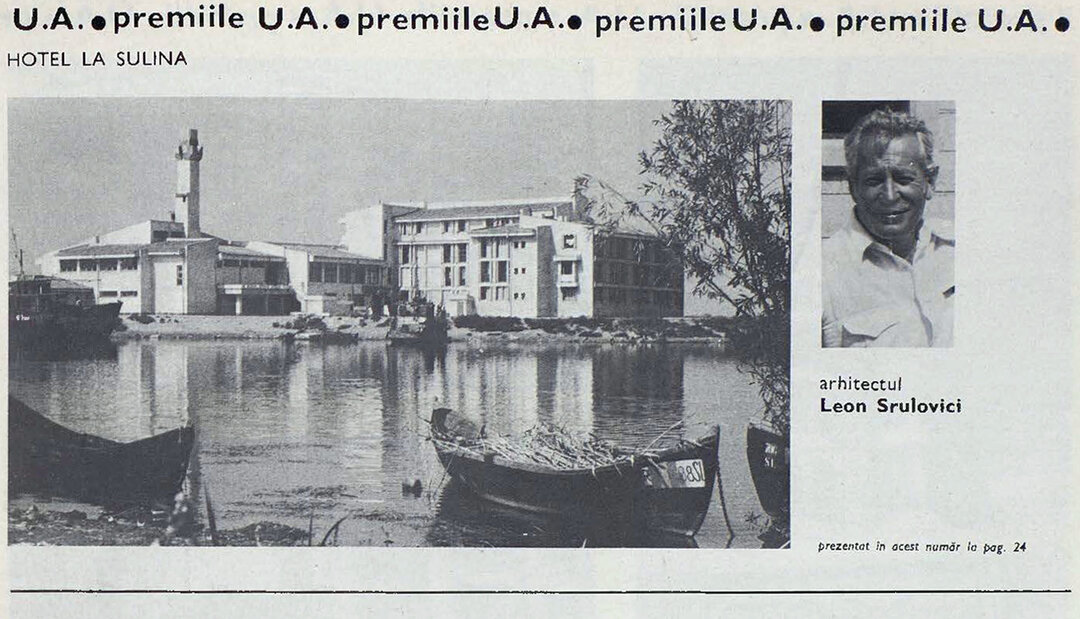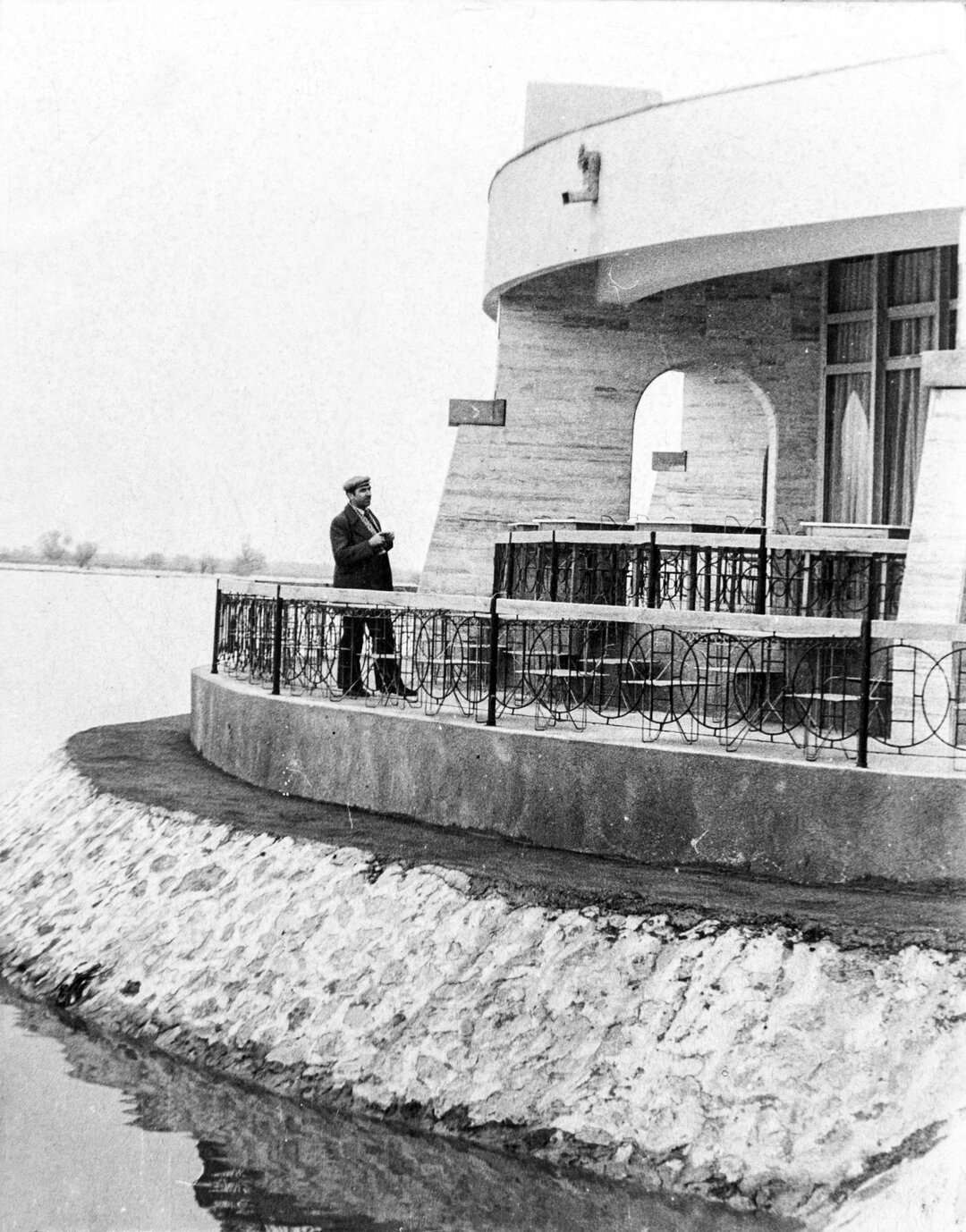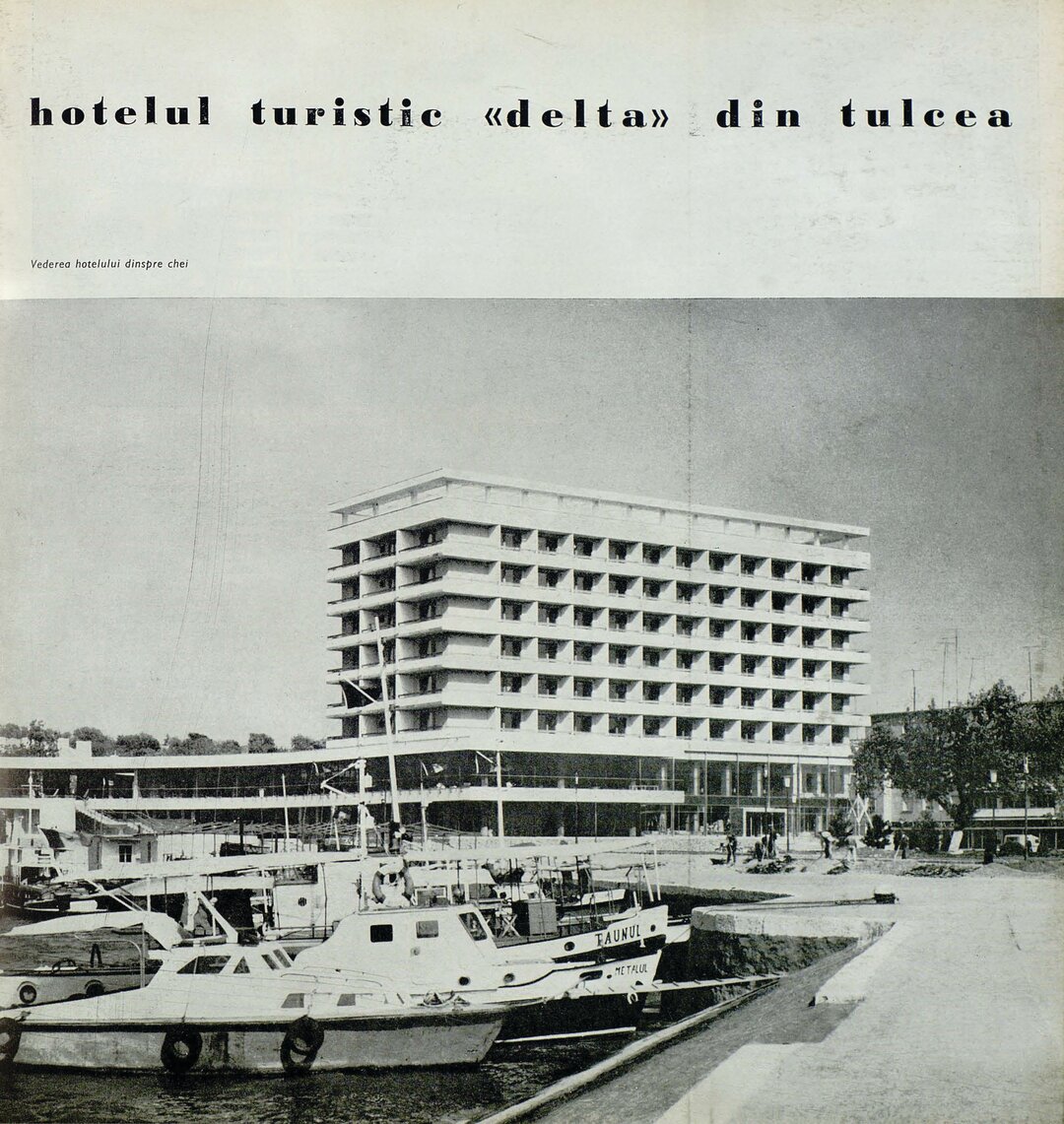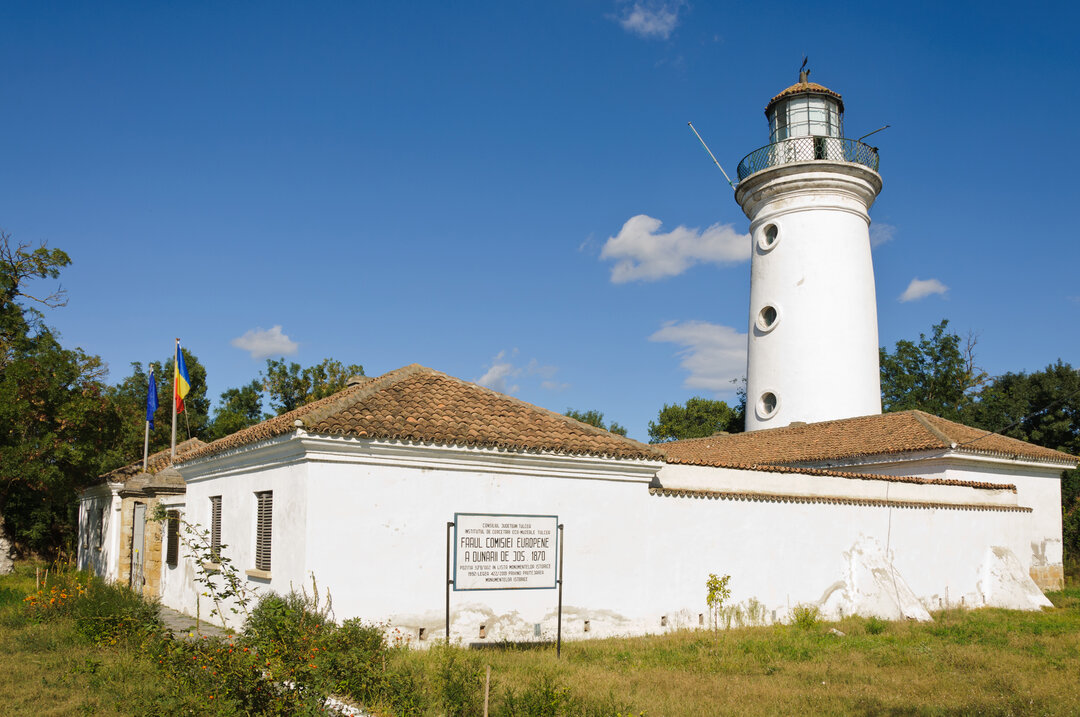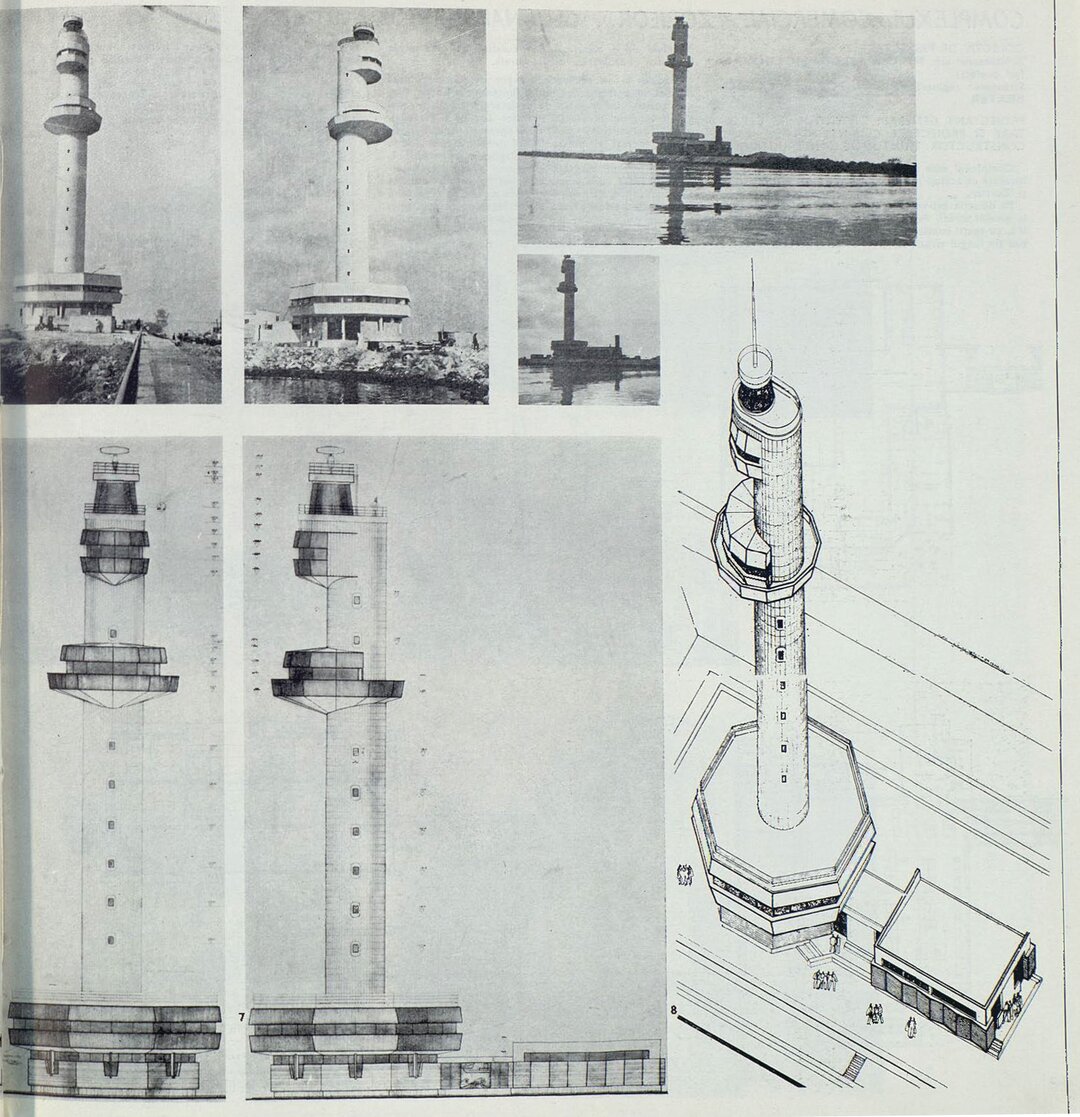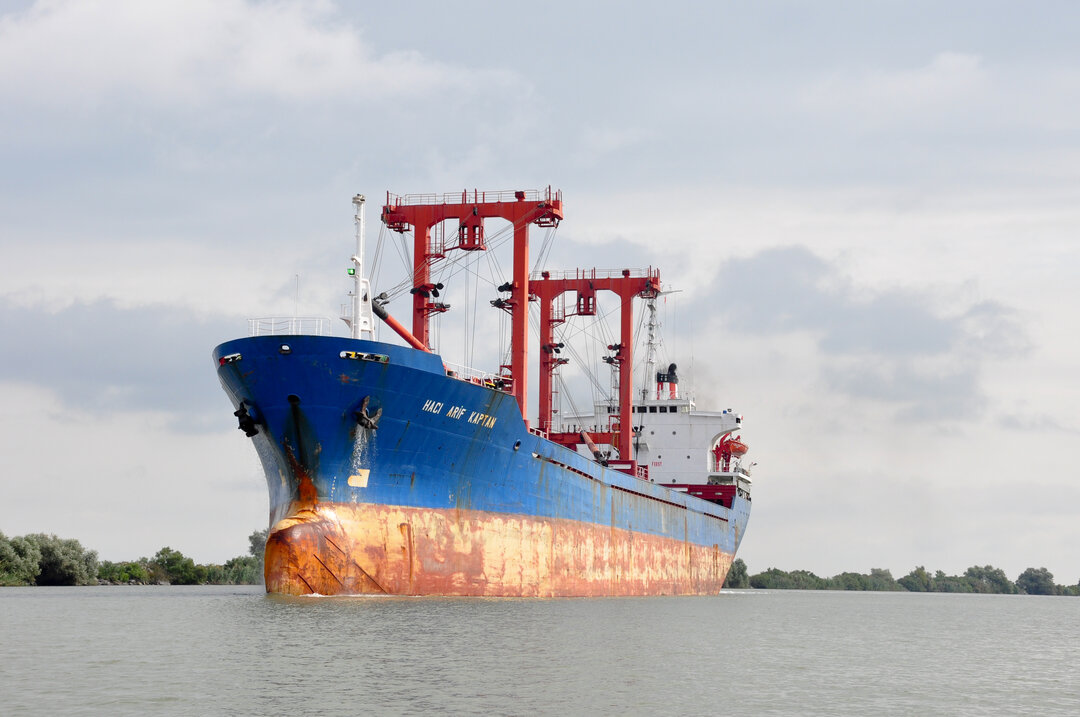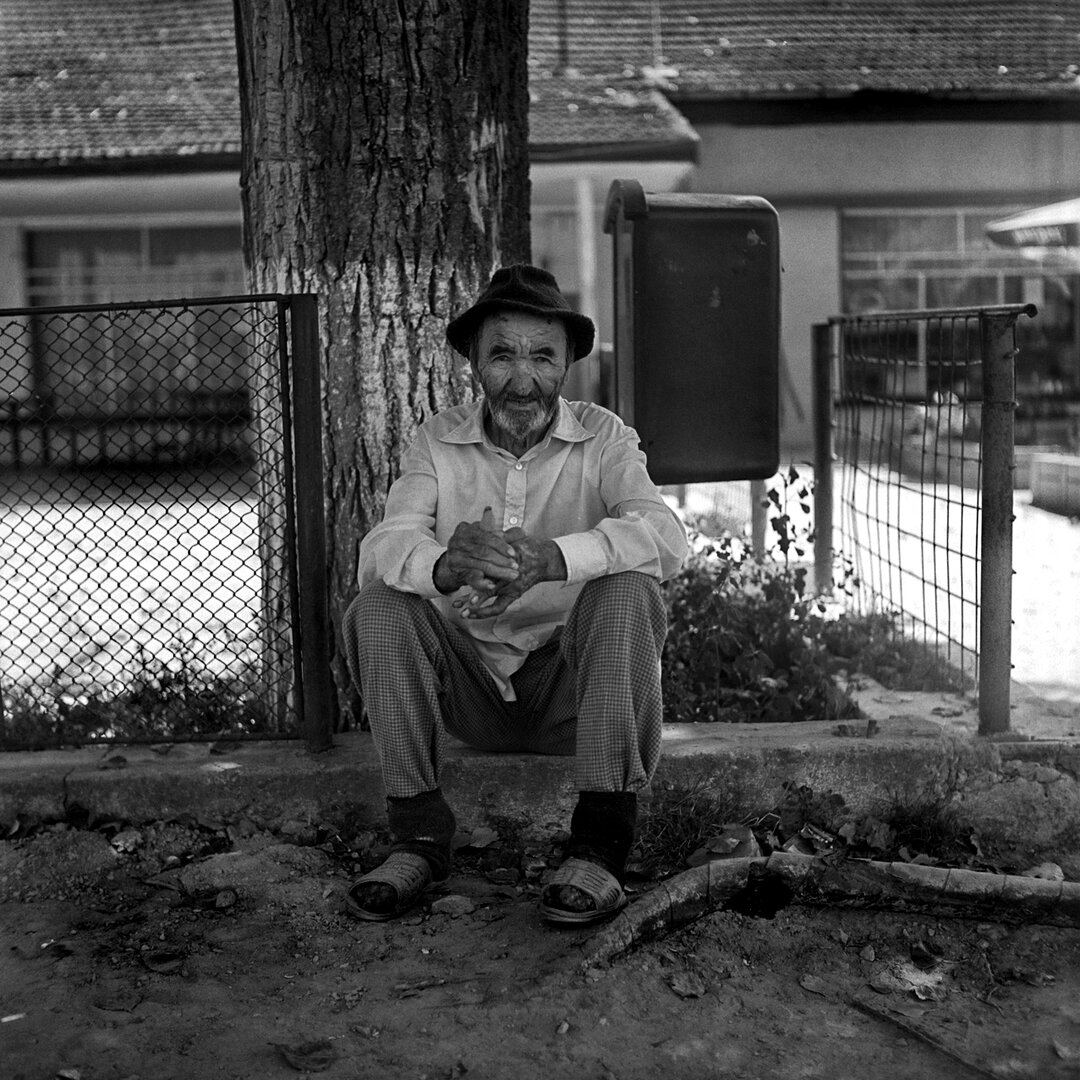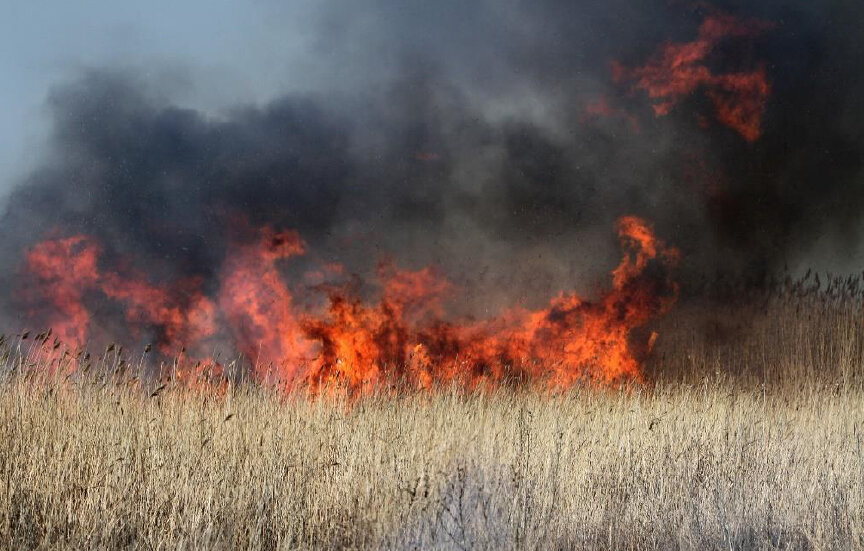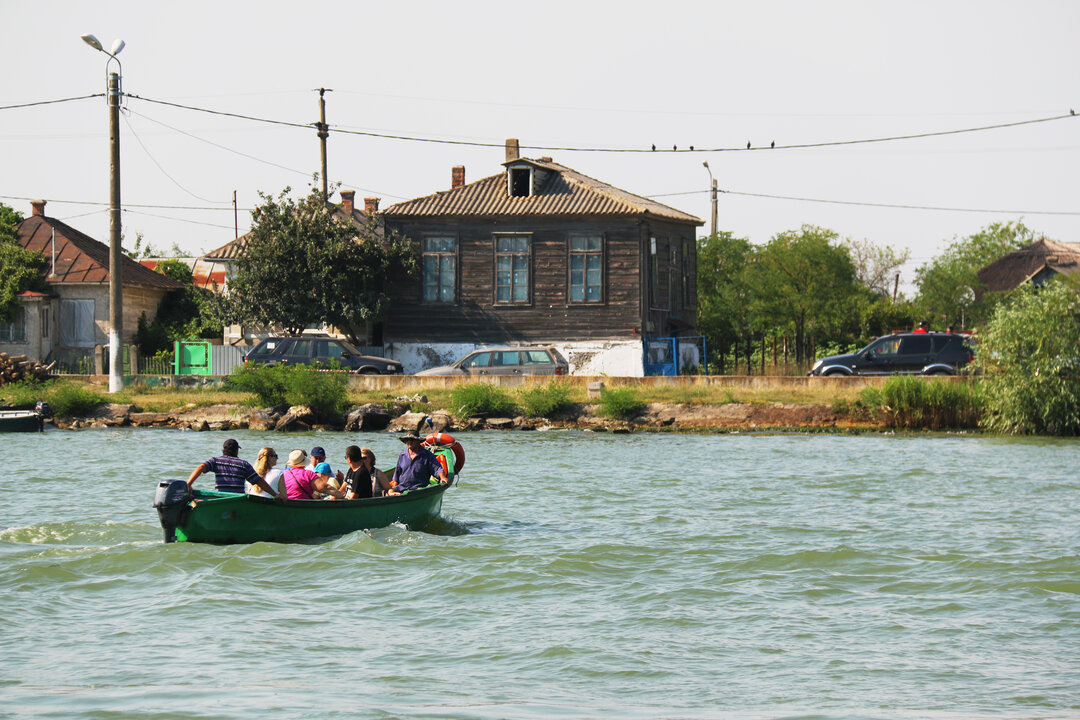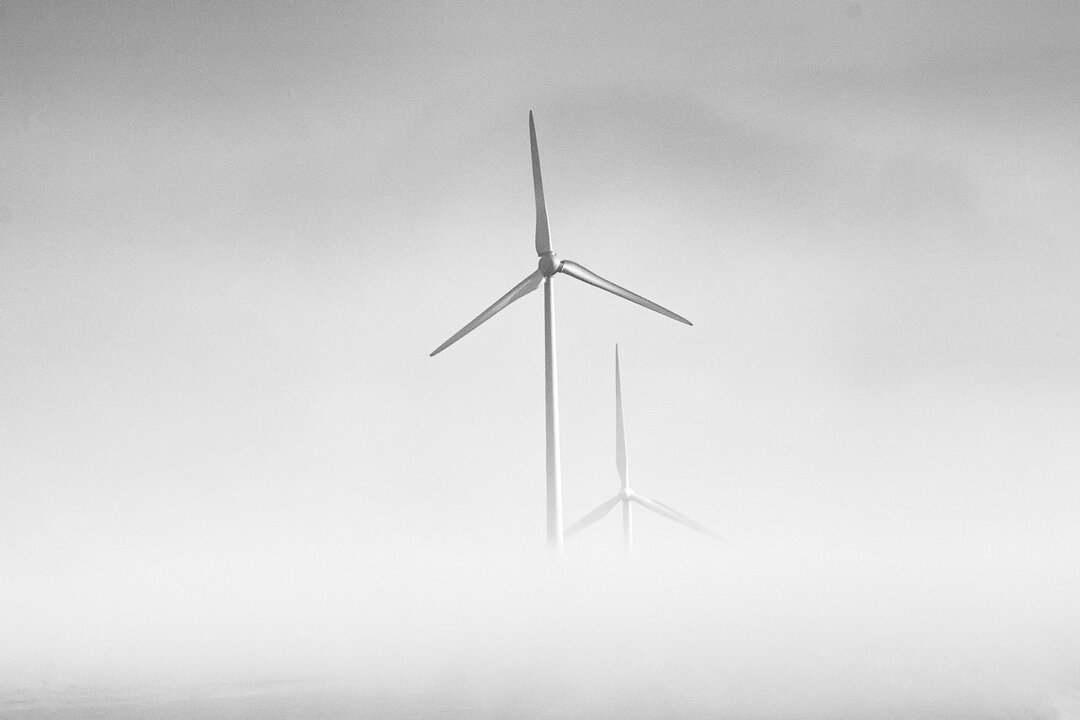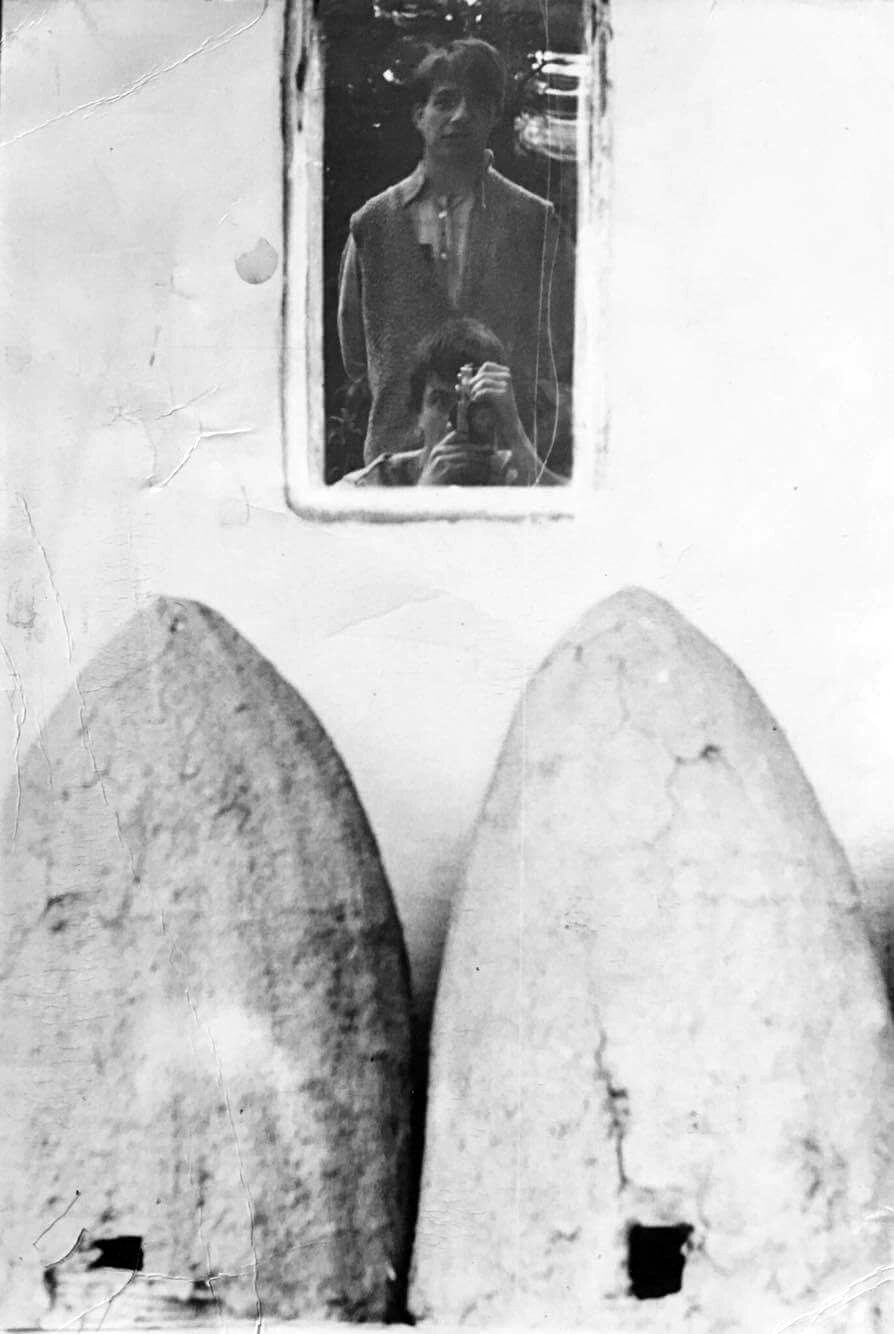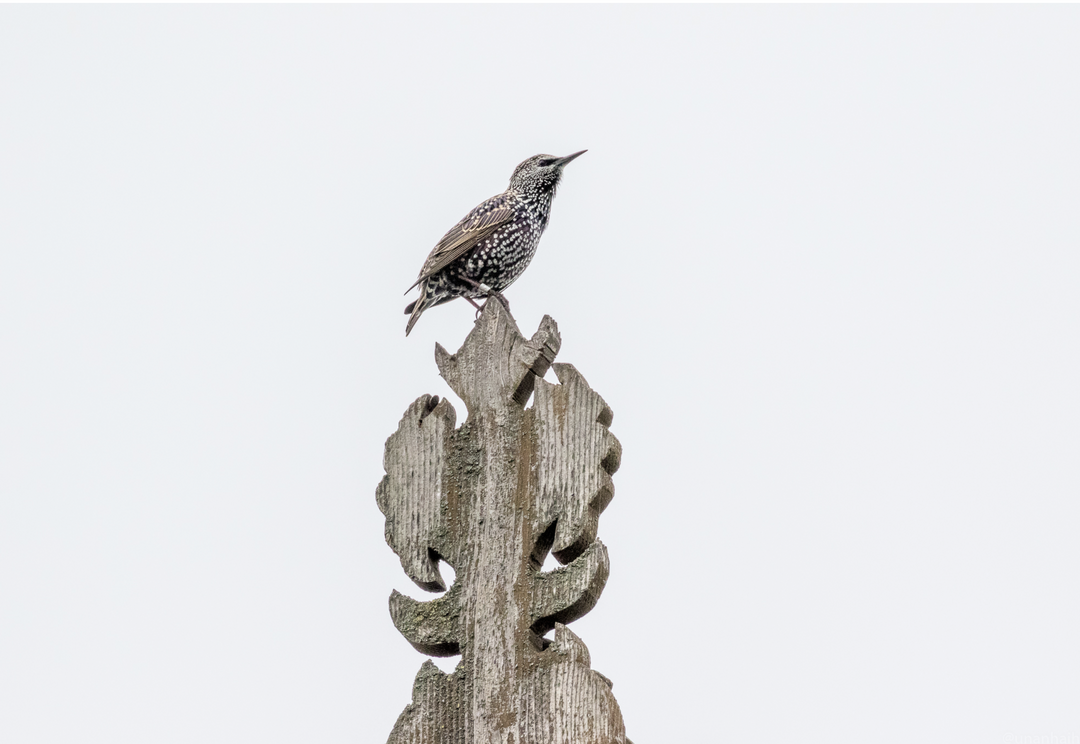
Alluvium
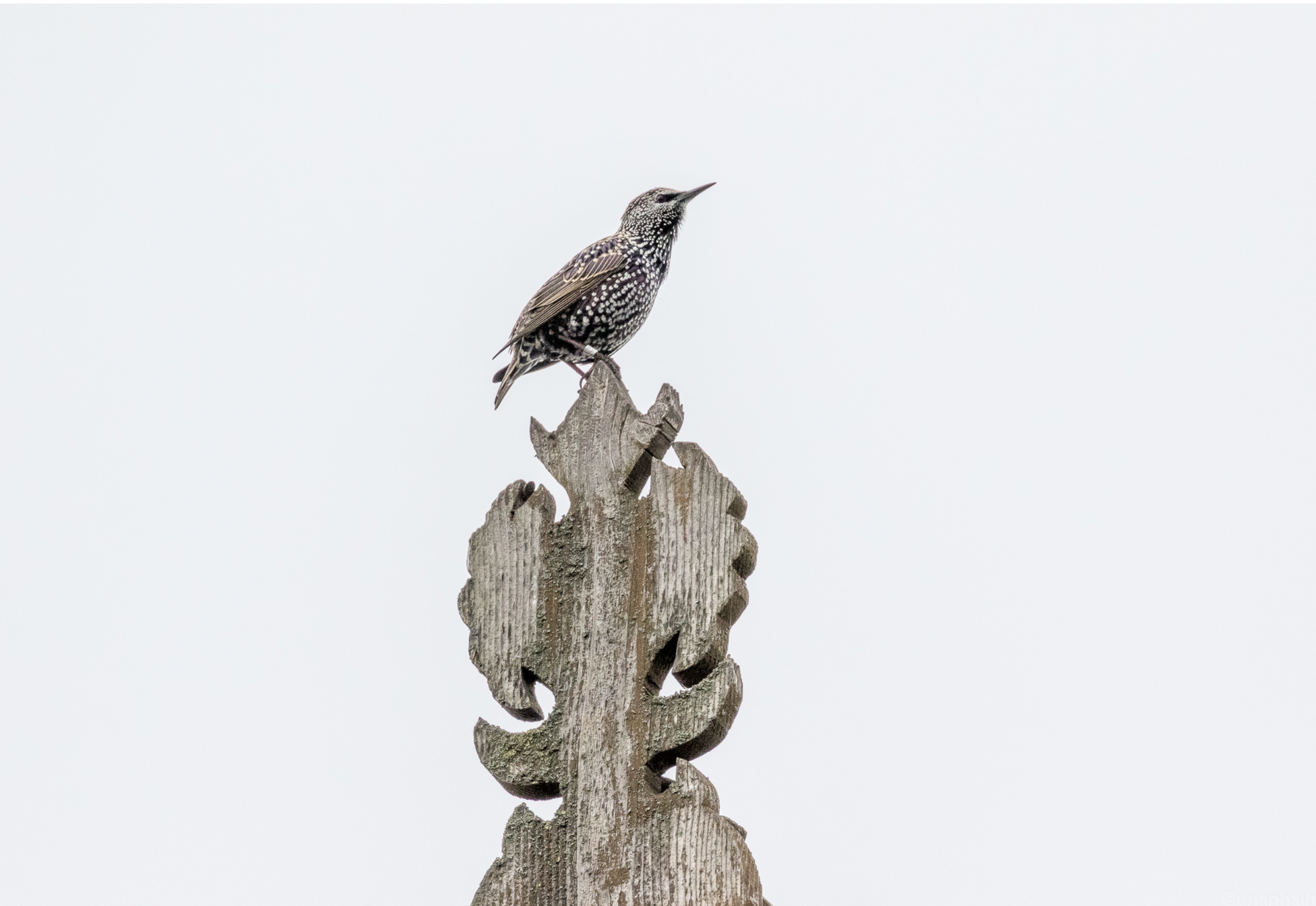
I have been staring at the picture on the cover for minutes: a barren land, a narrow beach, a few little houses, the only sign of man. I look at all that palette of blue and the blurred horizon that dominates the picture. There is nothing solemn in this image, and yet before our eyes, every second, a river completes its work, to tear mountains apart, to flood the plains, to feed all living things, and eventually to end up in the sea. We are at the end of Europe, in Sfântu Gheorghe, one of the places where the Danube flows into the sea. The Danube which is not only the second largest river in Europe, crossing 10 countries, but also a river of our collective memory, history and cultural diversity. Its waters reflect history from the earliest times, from when it was the northern border of the Roman Empire, to today, when we see it as a symbol of Central and Eastern Europe.
The waters of the Danube roll downstream fragments of rock, sand, rotting wood, dried leaves and grasses of all kinds, fish scales and roe, snake bones and skins, bird feathers and all the debris that man throws into the water for thousands of kilometers - silt. Silt is what the Danube comes to deposit before the spill, like a confession in a foreign language, as the result of a bitter struggle between water and everything else. A struggle between opposing elements, between rigid and fluid, but a fertile struggle because water conquers and nourishes, transforms, sustains and survives. Water works ceaselessly, moving ceaselessly in all directions, constantly, continuously, breaking, digging, growing, almost invisible, almost imperceptible. It is of the lands formed from these sediments of elements and history that we want to speak in the pages that follow. Oh, but how much there is to tell! No matter how hard we try, we would never be able to say everything. We don't even aim to, we would only like to make you dream and comprehend with your imagination, traveler, understand with your heart, dear reader. I tell you this because the Delta is a place that makes you tell a story at a pace as slow and fluid as the water you float on.
I would like you to close your eyes, dear reader, and imagine the flow of the water, the flight of the birds, and start your journey from the first place where you first glimpsed the Danube. Whether you saw it in Cernavodă, on your way to the sea, when your parents showed you Anghel Saligny's bridge, or maybe you saw it in Giurgiu, when you looked at it from above, from the bridge, as if it were a border you had just crossed, or maybe you saw it as it smashed through the mountains at the Iron Gates or perhaps in Vienna, with the strains of the waltz in your mind and the realization that it is not blue at all. Or maybe you saw it in Tulcea as you rushed to catch the Passenger bound for Sulina. You admired its majesty every time and its size may have overwhelmed you a little, you were even a little proud. But when you met her again from the boat, from four inches from her shimmering sheen, from her channels and canyons, you felt her gentle, calm and friendly.
It's not easy to master a flowing water, to restrain its wildness, to slow its flow, to change its course. These are only human vanities. This implacable water has plans of its own, and it's not for nothing that people have seen rivers as gods. The Delta's network of canals and lakes seems to be a gift and a gift from a river that otherwise flows through several prosperous capitals, only to turn into a green oasis of charm at its spill. In these narrow canals, amid endless banks of reeds, time becomes infinite, no longer measured in minutes, but in endless swaying and loss. This Delta will appear to you in your dreams, either with its stillness, its frightened birds, its labyrinth in which you are not afraid to get lost in the morning mist. You will be bewitched and you will fall prey to this spell, even if mosquitoes will do their best to chase you away, even if ever larger and larger boats will cross your dreams. You will always return to the paths of its waters. As in Vulcănescu's verse: Lie down on the road like the grass of the field in the wind...
Allow me to invite you to go through the following pages from a boat gently carried downstream by the quiet waters of a canal. Several rowers will be on board to tell you their story of the Delta. They are people who, like you, have come to discover, know, love and fear for the Delta, at some time, long ago or perhaps recently. Some will make you dream in the colors of birds' feathers, others will revive places whose glow has long faded. Others will suddenly awaken you from your reverie and frighten you with the cruelty with which they will tell you the truth. All those who have written in the pages that follow have written like lovers about their loved ones, anxious not to lose them, fearful lest they become strangers. They are humans who want to care, to save, to heal and to give chances. You will sense in the vast majority the delight with which they have discovered this place and the fear for its future. In all the lines that follow, but in absolutely all of them, you will hear a love of nature, a longing for a simple life and a sense of an unnamed home. The authors of this issue belong to two or three generations for whom the Danube Delta was the place where they knew freedom and a sense that the land belonged to them.
